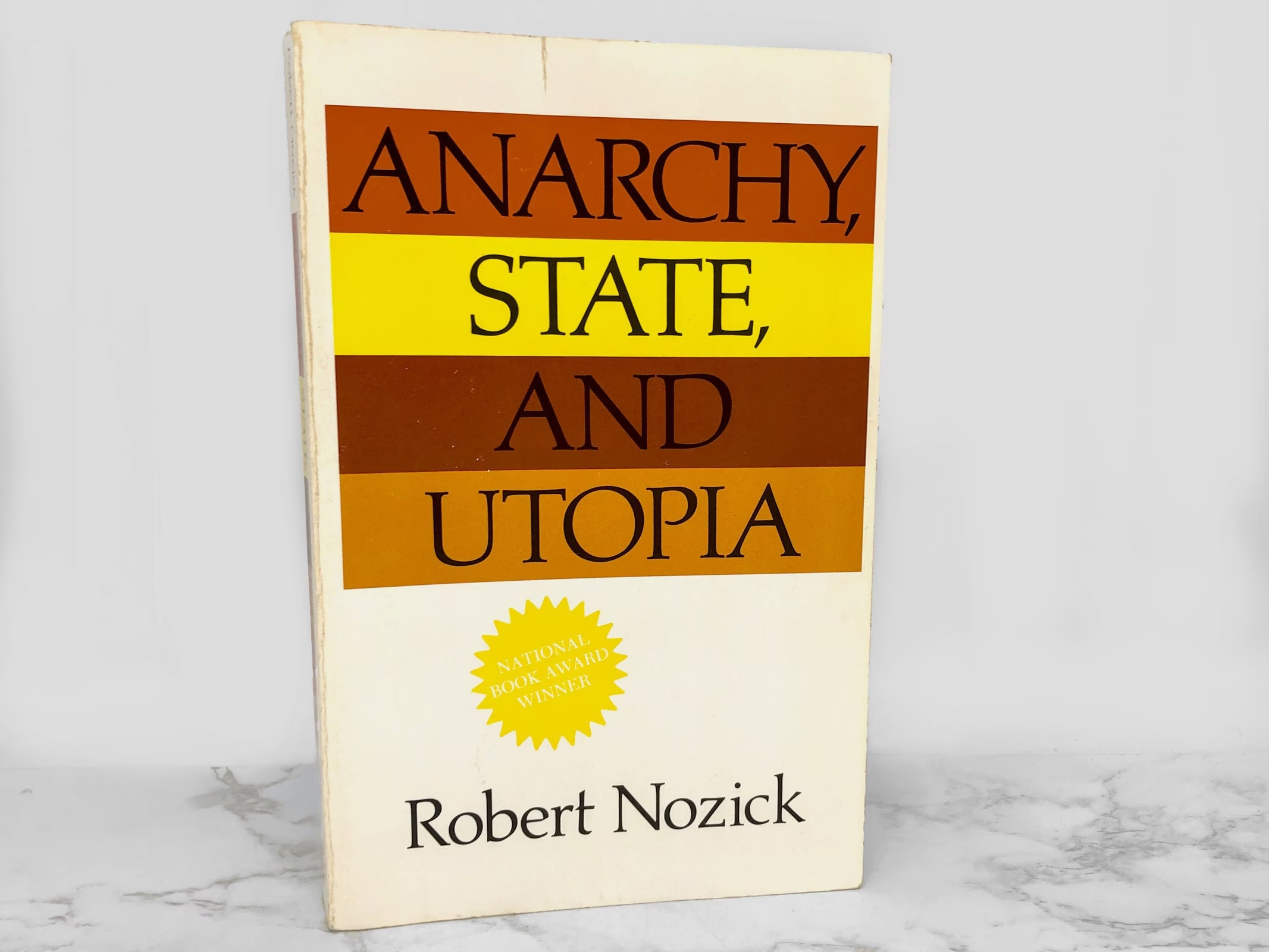In a disturbing indication of how difficult it would be to bring military spending in line with actual threats overseas, House Armed Services Chairman Rep. Mac Thornberry (R – TX) told President Obama last week that his war funding request of $11.6 billion for the rest of the year was far too low. That figure for the last two months of 2016 is larger than Spain’s budget for the entire year! And this is just a “war-fighting” supplemental, not actual “defense” spending! More US troops are being sent to Iraq, Syria, Afghanistan, and elsewhere and the supplemental request is a way to pay for them without falling afoul of the “sequestration” limits.
The question is whether this increase in US military activity and spending overseas actually keeps us safer, or whether it simply keeps the deep state and the military-industrial complex alive and well-funded.
Unfortunately many Americans confuse defense spending with military spending. The two terms are used almost interchangeably. But there is a huge difference. I have always said that I wouldn’t cut anything from the defense budget. We need a robust defense of the United States and it would be foolish to believe that we have no enemies or potential enemies.
The military budget is something very different from the defense budget. The military budget is the money spent each year not to defend the United States, but to enrich the military-industrial complex, benefit special interests, regime-change countries overseas, maintain a global US military empire, and provide defense to favored allies. The military budget for the United States is larger than the combined military spending budget of the next seven or so countries down the line.
To get the military budget in line with our real defense needs would require a focus on our actual interests and a dramatic decrease in spending. The spending follows the policy, and the policy right now reflects the neocon and media propaganda that we must run the rest of the world or there will be total chaos. This is sometimes called “American exceptionalism,” but it is far from a “pro-American” approach.
Do we really need to continue spending hundreds of billions of dollars manipulating elections overseas? Destabilizing governments that do not do as Washington tells them? Rewarding those who follow Washington’s orders with massive aid and weapons sales? Do we need to continue the endless war in Afghanistan even as we discover that Saudi Arabia had far more to do with 9/11 than the Taliban we have been fighting for a decade and a half? Do we really need 800 US military bases in more than 70 countries overseas? Do we need to continue to serve as the military protection force for our wealthy NATO partners even though they are more than capable of defending themselves? Do we need our CIA to continue to provoke revolutions like in Ukraine or armed insurgencies like in Syria?
If the answer to these questions is “yes,” then I am afraid we should prepare for economic collapse in very short order. Then, with our economy in ruins, we will face the wrath of those countries overseas which have been in the crosshairs of our interventionist foreign policy. If the answer is no, then we must work to convince our countrymen to reject the idea of Empire and embrace the United States as a constitutional republic that no longer goes abroad seeking monsters to slay. The choice is ours.
Reprinted with permission from the Ron Paul Institute for Peace and Prosperity.












